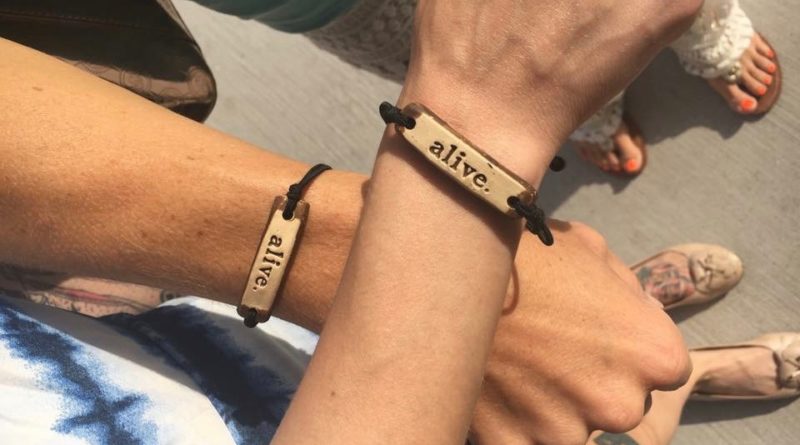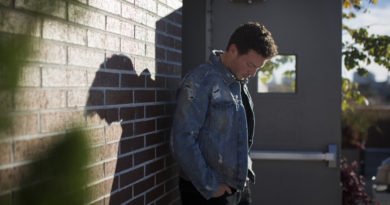One In A Million
By Kimberly Zapata
Today is World Suicide Prevention Day and (shocker) I’m going to talk about suicide.
Why?
Because this seven letter word makes most people uncomfortable. This little word makes most people shut up, and shut down. And this word — this small-yet-terrifyingly powerful word — is still taboo. (In fact, if you happen to tell others you have made an attempt on your life, most run the other way because you are “insane.” You are “one of those,” i.e. you are “ that crazy girl” who tried to kill herself in high school, and again in college.) But that is exactly why I am talking about suicide because I am more than a stigma. I am more than an offensive set of adjectives, and I am more than my actions.
I am a person, a person who is also a suicide survivor.
You see, when I was 17-years-old I tried to kill myself with a bottle of pills and a can of Coke. (Well, a bottle of pills, a 4-pack of Advil, and storebrand soda.) I wrote a goodbye letter, to my family and several friends. I apologized for my actions and expressed my love, but I also explained this was how things had to be. I was hurting and desperate and I was sure there was no other way out.
I was so desperate and downtrodden I thought death was my only option.
But my attempt failed, and after 48 hours of vomiting, I came too. I woke up, and I took my first breath. My first breath on the “other side.”
I’d like to tell you that I “woke up” thankful — that I immediately got help and things got better — but I can’t. Sure, I eventually went to a therapist. I began seeing a psychologist and a psychiatrist and got a diagnosis (and medication), but I also made other “plans.” Three years after my first attempt, I made a second, and even today — 17 years later — there are still moments when I consider taking my own life.
There are moments when I entertain suicidal thoughts, and have suicidal ideations.
Make no mistake: I know that sounds terrible. I know that sounds “sick,” and I sound “crazy.” I mean, what kind of person fantasizes about death? About their own death? But sometimes my depression lies to me. It tells me I am not good enough or strong enough. It tells me I am worthless and useless, and it convinces me my family would be better off without me.
It convinces me the world would be better off without me, and lost in a sea of pain and lies I seek an escape.
Sometimes death feels like my only option.
But why tell you this?
Why share the skeletons in my closet?
Because suicide is the fourth leading cause of death for adults between 15 and 64. Because one person dies by suicide every 12.3 minutes, and because it is believed one million people in the U.S. alone intentionally inflict self-harm.
One. Million.
And we need to do what we can to protect others. We need to do what we can to help others. We need to prevent suicide whenever possible, and we CAN prevent it: by reaching out and speaking up. By talking about suicide.
And I know what you may be thinking: how will talking about suicide help? How will speaking out about suicide prevent future attempts? Because, in speaking out, we actively destroy the stigma. In speaking up, we are able to take control of the uncontrollable, and if the word becomes a regular part of our vocabulary, it loses its secrecy. It loses its shame, and we can have conversations about it.
We can talk about suicide.
So please, don’t be afraid to talk about suicide. Don’t be afraid to share my story (or your own) with your family, colleagues, or friends because you may help another.
You never know whose life you might save.




